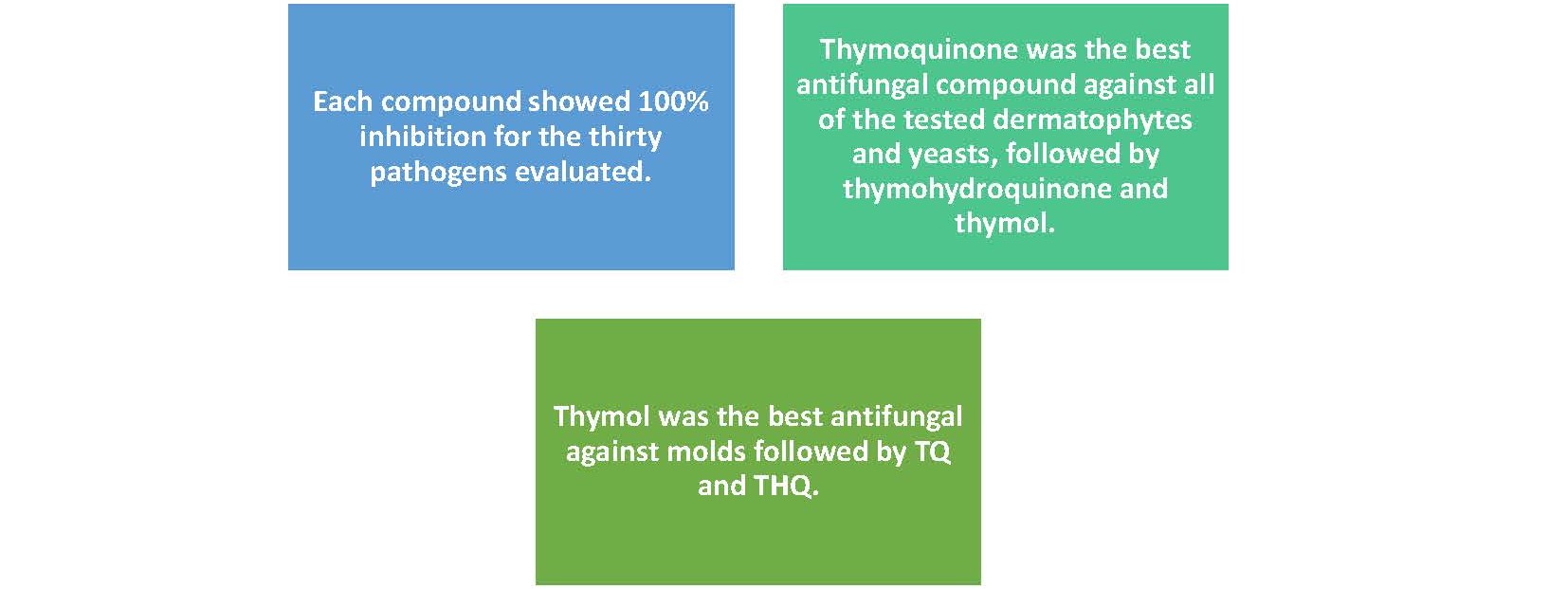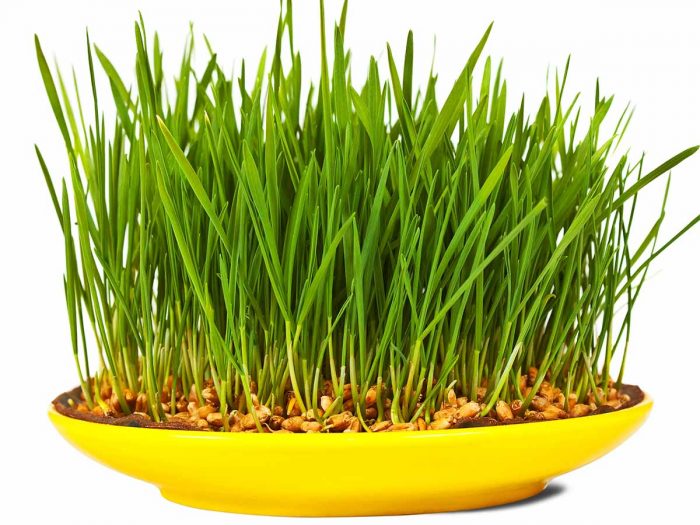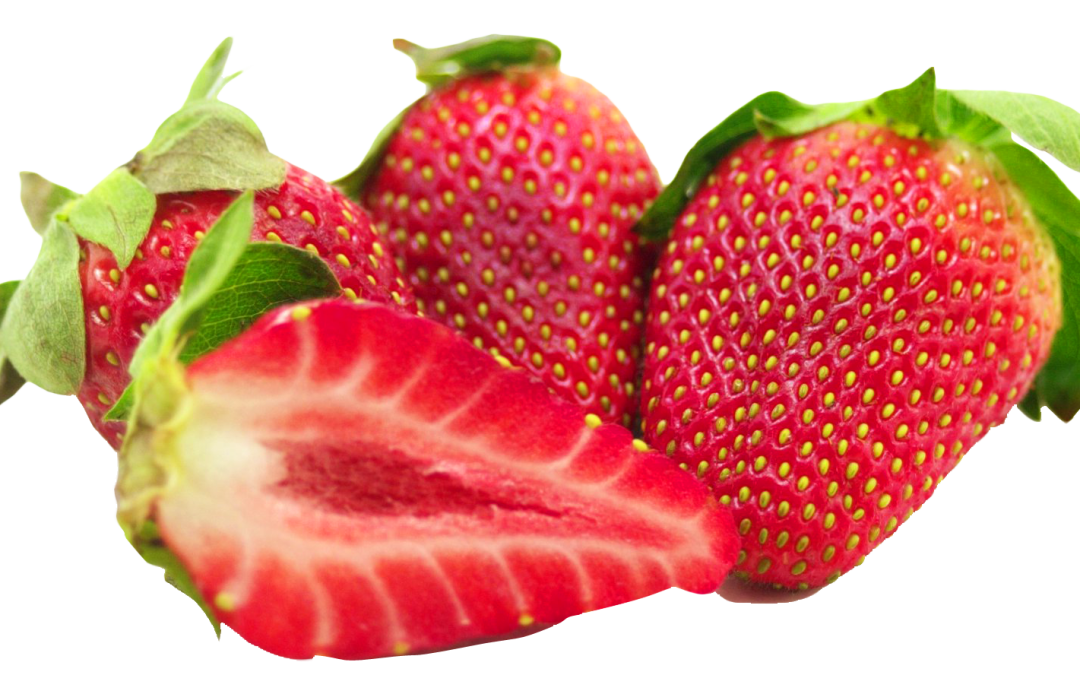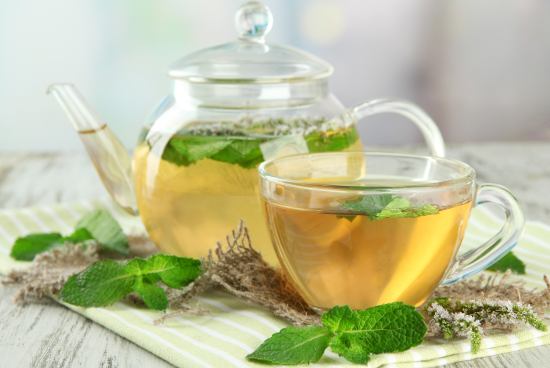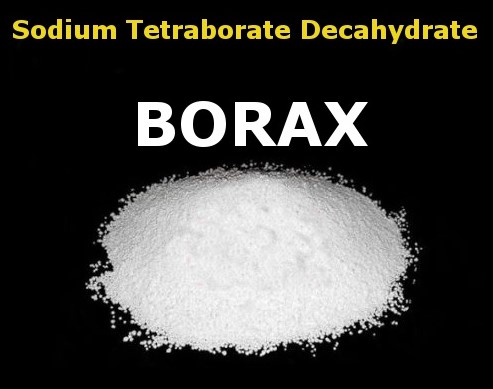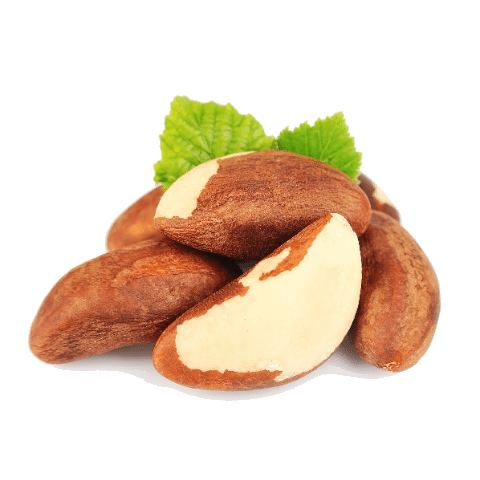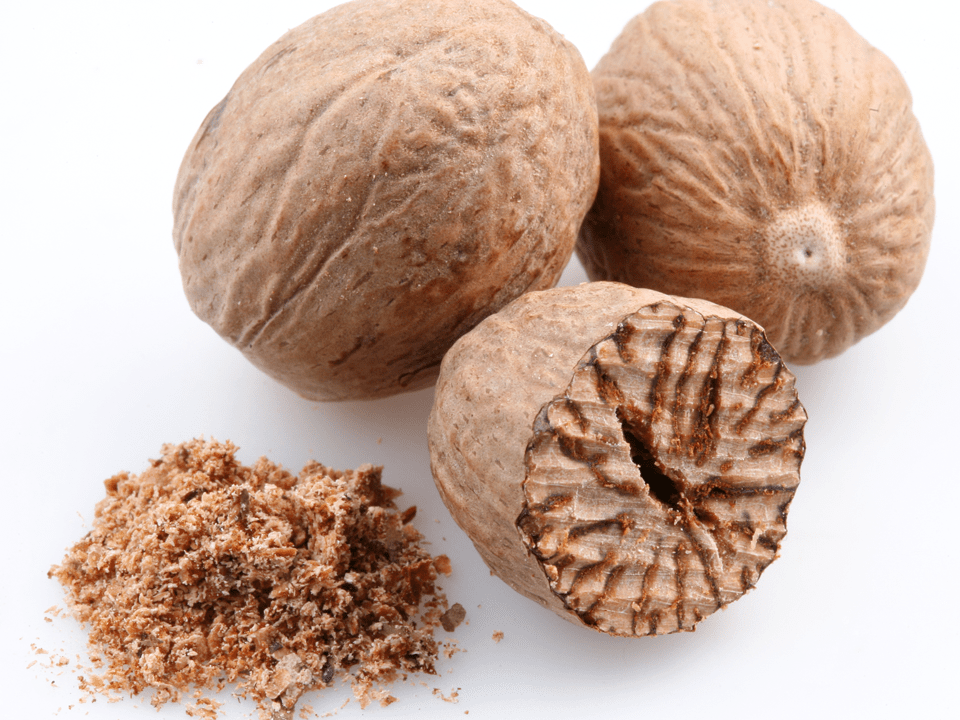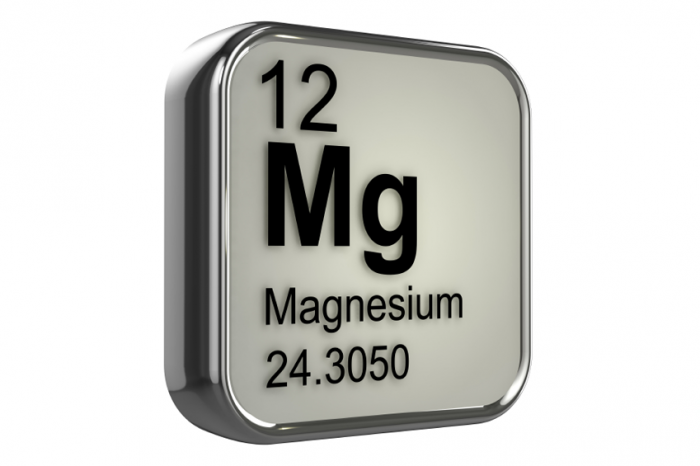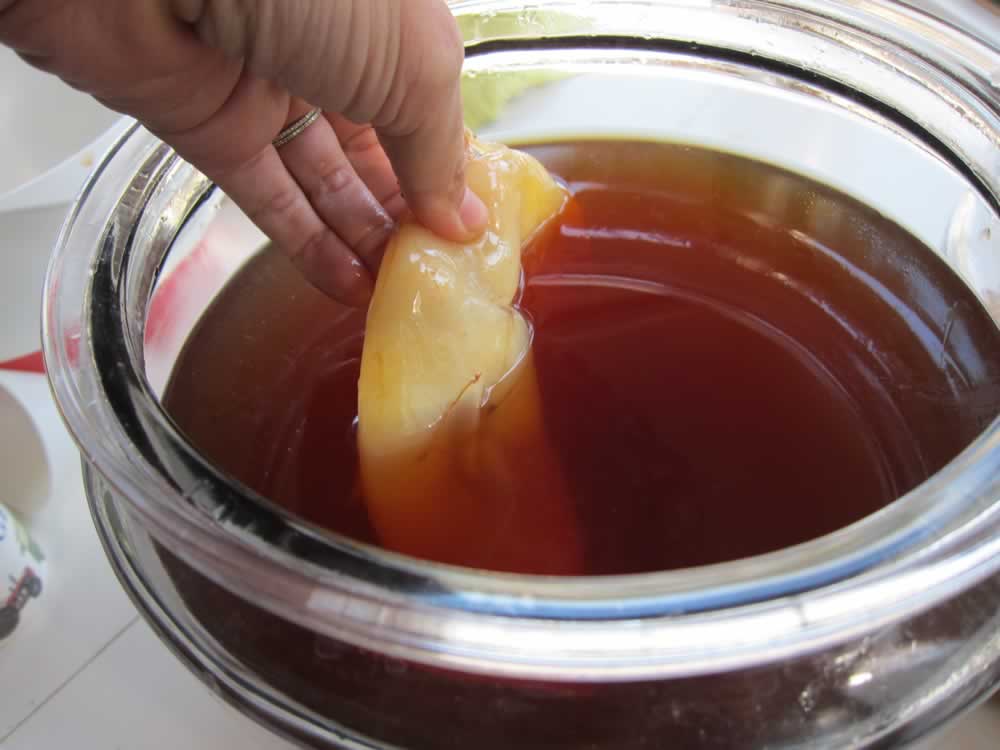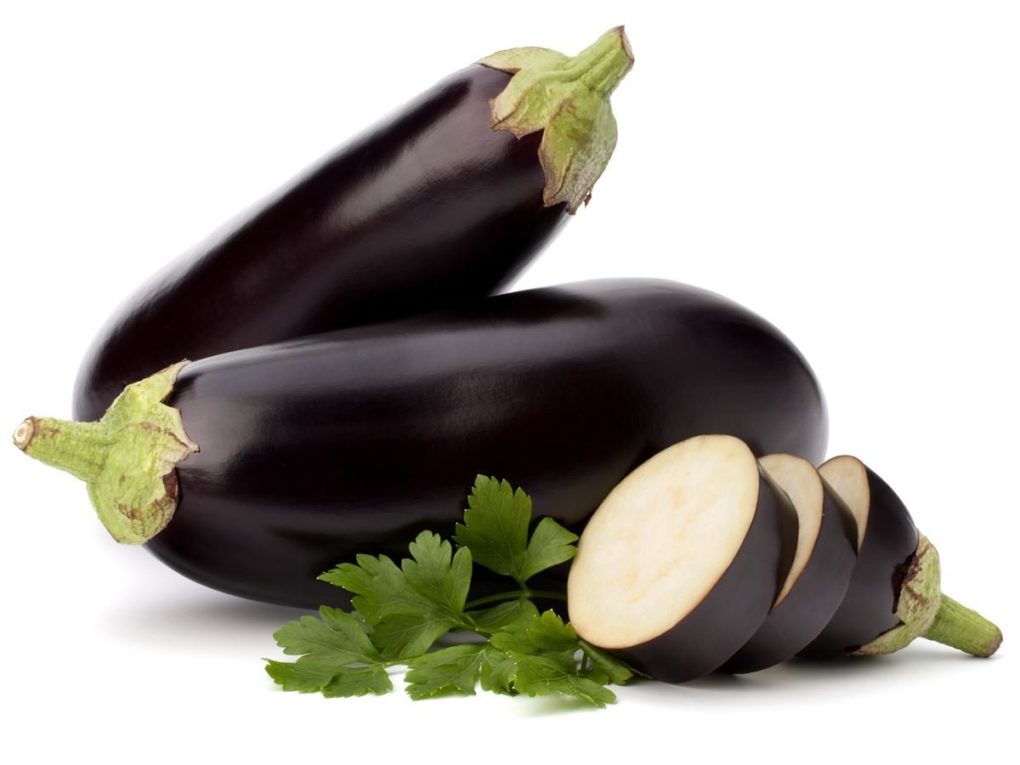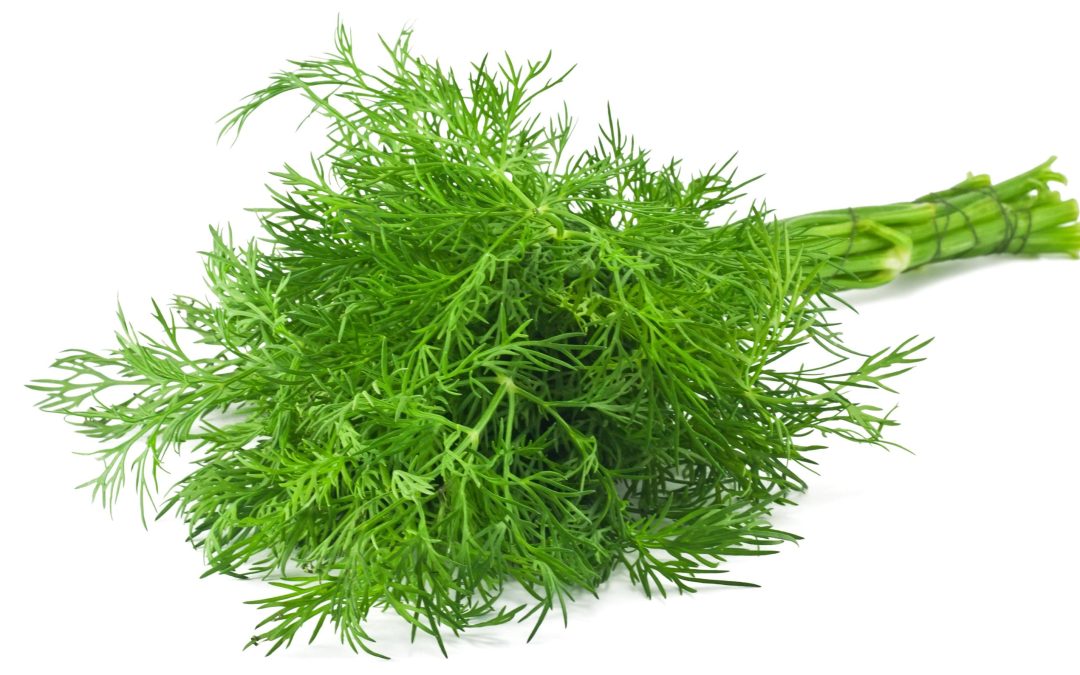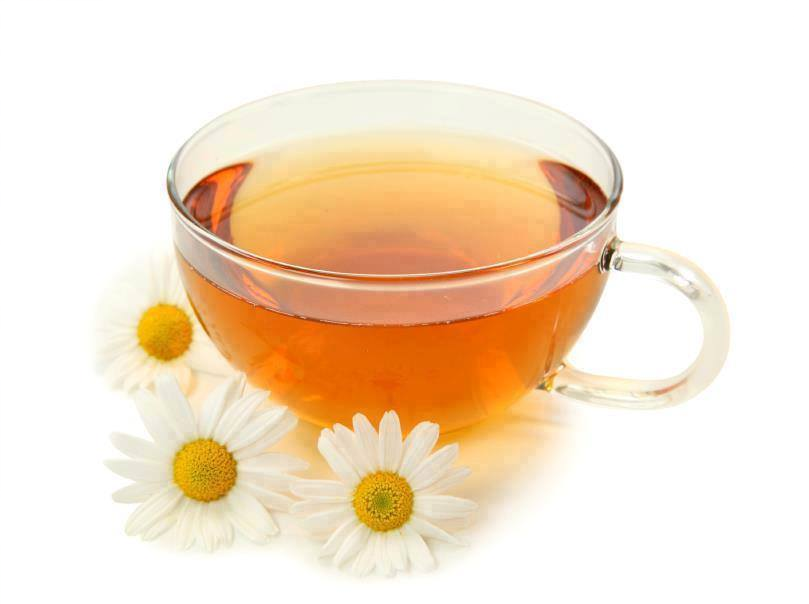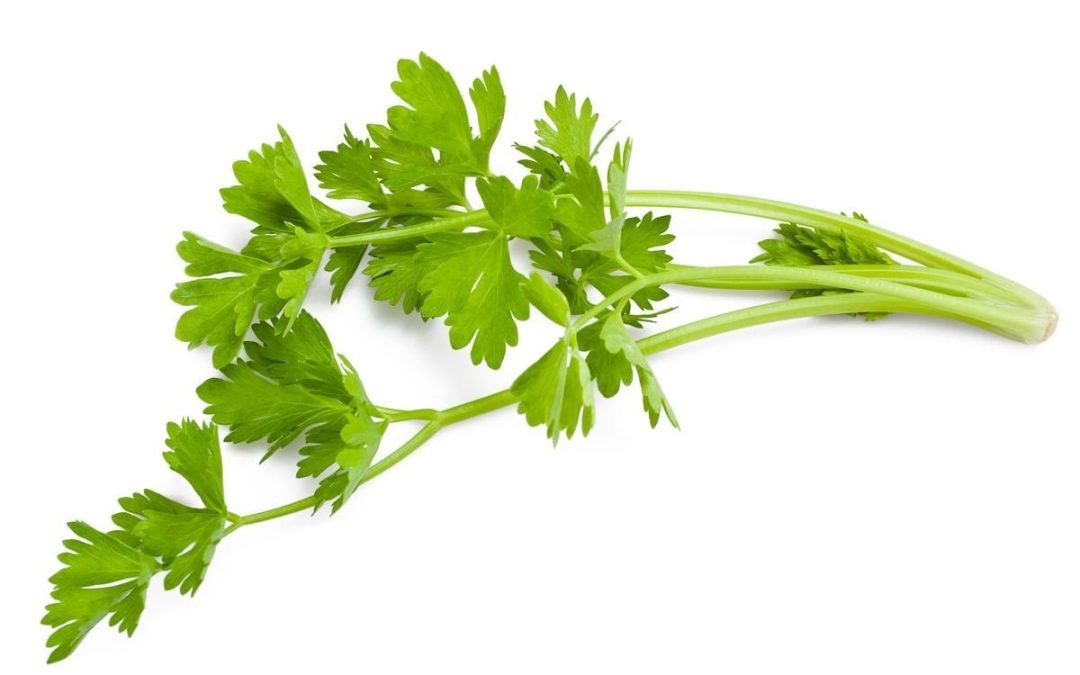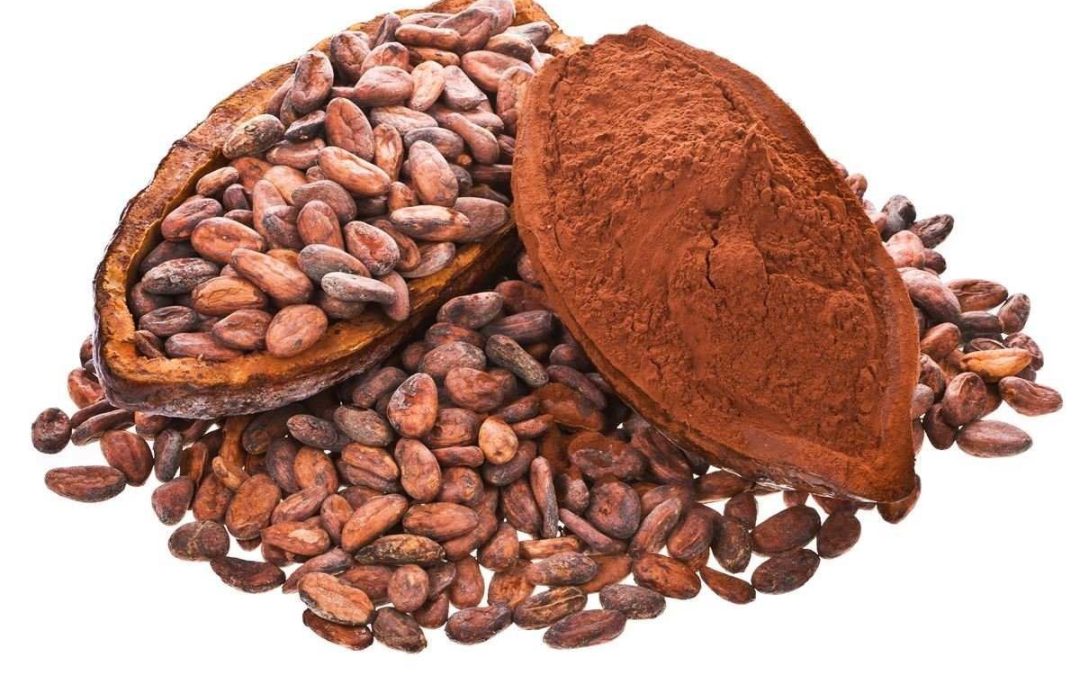Nigella sativa / Kalonji seed & Oil
Of the 630 scientific peer-reviewed articles that have been published about black seed oil benefits, one fact is clear: there are few issues that it cannot help the body overcome. With virtually no side effects, the healing prowess of black seed is quite unbelievable and it boggles the mind that most Americans have never heard of it!
Unique Black Seed Oil Benefits
The uniqueness of the seeds from southwest Asia Nigella sativa is first realized by the many names that it is referred to:
- Black cumin
- Black caraway
- Black sesame
- Onion seed
- Roman coriander
“Black seed” is more of a description than a proper name, yet is preferred because it helps to distinguish it from caraway and cumin. Many health experts claim that it is, indeed, a true panacea; able to help cure everything from allergies to hypertension. Quite possibly, the most promising research has been done connecting Nigella sativa to multi-drug resistant bacteria. This is a real big deal because these so-called “superbugs” are becoming a significant public health risk. According to the National Institute of Health. See Nigella Sative – Table 1
A study conducted by Jawaharlal Nehru Medical College researchers set out to determine just how potent black seed oil against some of these superbugs and pared it against several antibiotics such as Amoxicillin, Gatifloxacin and Tetracycline. According to the study,
“Out of 144 strains tested, most of which were resistant to a number of antibiotics, 97 were inhibited by the oil of black cumin!”
Next to oil of oregano, few things on the planet can boast this type of potency to microbes! The study uncovered that it was especially effective against multidrug resistant strains of P. aeruginosa and S. aureus.
The key to understanding why black seed oils benefits the body in this way is because it is rich in 3 key natural chemicals: thymoquinone (TQ), thymohydroquinone (THQ) and thymol.
The Power Behind Black Seed Oil Benefits: Phytochemicals
Black Seed Contains
Myristic acid, palmitic acid, palmitoleic acid, stearic acid, oleic acid, linoleic acid, linolenic acid, arachidonic acid, protein, vitamin B1, vitamin B2, vitamin B3, folic acid, calcium, iron, copper, zinc, phosphorous.
In an effort to offer a solution to the growing antifungal resistant problem people have with yeasts and molds, a recent study was conducted with the purpose of determining if Nigella sativa seed oil could help. Published in the Egyptian Journal of Biochemistry & Molecular Biology, scientists tested thymol, TQ and THQ against 30 human pathogens and were surprised to discover that: See also pop-up alongside. See Nigella Sative – Table 2
What this study tells us is that Nigella sativa oil carries a very unique chemical constituency that is not only effective individually, but more importantly also collectively. Essentially proving that fungus and moulds cannot exist in the presence of these phytochemicals, it is no wonder why researchers are seeking to solve the superbug problem with the mighty black seed!
Thymoquinone – An active ingredient in black seed, researchers have been investigating TQ since the 1960s. It is well known for its anti-oxidant, anti-inflammatory and anticancer properties that have been reported to help with encephalomyelitis, diabetes, asthma and carcinogenesis. Interestingly, thymoquinone acts as a free radical or an effective superoxide radical scavenger, in addition to preserving antioxidant enzymes glutathione peroxidase and glutathione-S-transferase. Both Glutathione peroxidase and S-transferase are heralded for being major detoxifiers and greatly aid in cellular antioxidant defense systems because they protect the liver from toxins.
Thymohydroquinone – A kin to thymoqinone, thymohydroquinone is one of the most potent natural acetylcholinesterase (AChE) inhibitors on the planet. AChE inhibitors are chemicals that stop enzyme activity, which increases the amount of time and the amount of the neurotransmitter acetylecholine remains active in the brain. To give you an idea of their usefulness, pharmaceutical-grade acetylcholinesterase inhibitors are used medicinally to treat a wide range of conditions including: Nigella Sativa – Table 3
Considering that the pharmaceutical approach to these diseases comes at a great cost to the patient, it offers much hope to literally millions to learn that safe, plant-based solutions are a viable alternative!
Thymol – The active ingredient that gives thyme essential oil its medicinal properties, thymol is a natural monoterpene that holds a number of useful qualities. For example, see Nigella Sativa – Table 4
According to the Environmental Protection Agency (9), Thymol is among those pesticides for which EPA believes a broadly reduced set of generic data requirements is appropriate for reregistration. The Agency, therefore, has waived most generic data requirements for thymol with the exception of studies that are considered essential, including additional information about chemical purity, and product chemistry studies.
Black Seed Oil Benefits
Of the many ways that black seed oil benefits the body, the 6 that stick out in the scientific literature its ability to help prevent cancer, diabetes, obesity, hair loss, skin disorders and infections like MRSA.
1. Cancer
Croatian scientists evaluated the antitumor activity of thymoquinone and thymohydroquinone in mice and discovered that the two phytochemicals in black seed oil can resulted in 52% decrease in tumor cells! (10)
Being rich in both chemicals, black seed is unique in that it can help prevent and treat cancer through a variety of mechanisms: See Nigella Sativa – Table 5
According to one study, “The anti-tumor effects of thymoquinone have also been investigated in tumor xenograft mice models for colon, prostate, pancreatic and lung cancer. The combination of thymoquinone and conventional chemotherapeutic drugs could produce greater therapeutic effect as well as reduce the toxicity of the latter.”
2. Liver Health
The liver is one of the most important organs in the body. Nearly every toxin gets processed through the liver, and the bile from the liver is the key to digesting fats and keeping your mind and body happy and healthy. For those that have struggled with poor liver function due to medication side effects, alcohol consumption, or disease, black seed oil could greatly speed the healing process. In a recent study scientists discovered that black seed oil benefits the function of the liver and helps prevent both damage and disease.
3. Diabetes
Explained in a recent article published by the Journal of Endocrinology and Metabolism, researchers from the Indian Council of Medical Research highlight that black seed oil “causes gradual partial regeneration of pancreatic beta-cells, increases the lowered serum insulin concentrations and decreases the elevated serum glucose.” This is actually quite profound because Nigella sativa is one of the few substances on the planet that is suggested to help prevent both type 1 and type 2 diabetes.
In fact, according to the study, black seed “improves glucose tolerance as efficiently as metformin; yet it has not shown significant adverse effects and has very low toxicity!” (13) This is HUGE because metformin, one of the most commonly prescribed type 2 diabetes drugs, can cause a wide slew of side effects including: See Nigella Sativa – Table 6
4. Weight Loss
The Journal of Diabetes and Metabolic Disorders published a study last June systemically reviewing the literature for plants that have anti-obesity properties and discovered that black seed oil was amongst the most effective natural remedies on the planet.
Not traditionally believed to treat obesity, Nigella sativa is a marvelous anti-inflammatory agent that is known to help people lose weight in the same way that it helps diabetics. Specifically, by decreasing these weight gain triggers, black seed oil has helped millions shed excess weight: See Nigella Sativa – Table 7
5. Hair
Probably one of the most unique black seed oil benefits is its uncanny ability to help restore hair loss. No one quite understands why it happens, but it’s not too hard to guess that it has something to do with its powerful antioxidant and antimicrobial properties. By strengthening hair follicles, there is very good reason to see how black seed oil can help promote strengthened hair roots.
6. Skin
Produced in the retina, choroid and epidermis, melanin are pigments that protect the skin from damage. You probably are most family with it being the main chemical responsible for giving our eyes and skin their individual colour. Known to promote and inhibit melanogenesis (melanin production), black seed oil benefits on the skin and other cells are profoundly healing. (17,
For example, in a recent study conducted by Iranian researchers, Nigella saliva was found as effective as the skin cream Betamethasone in improving quality of life and decreasing severity of hand eczema. (19) When you consider that black seed oil has virtually no side effects, the benefits of Nigella, in fact, far exceed medical intervention!
7. Infections (MRSA)
Of all the superbugs that black seed oil can kill, Methicillin resistant Staphylococcus aureus (MRSA) is one of the most important. MRSA is plaguing hospitals and nursing homes across the globe because ordinary staph infections are becoming resistant to generic antibiotics. The elderly population is especially at risk because it is generally associated with invasive procedures such as surgeries, intravenous tubing, and artificial joints. (20) Primarily due to weakened immunity, the growing population of senior citizens has made MRSA a global public health risk.
Thankfully, one of the strongest black seed oil benefits comes to the rescue. Pakistan scientists took several strains of MRSA and discovered that each one was sensitive to N. Sativa, proving that black seed oil can help slow down or stop MRSA from spreading out of control. (21)
Maximum Dosage Daily
Which to use – seeds or oil? We fit the dosage according to the need. do not ever exceed the maximum dose.
Oil
3 teaspoons or 1 tablespoon a day and no more.
Seeds
7.5 teaspoons of powder.
Remember black cumin is toxic over 25 grams daily.
- For each pound of seeds (453 g)
- 1 cup makes approximately 212 capsules.
- So many will look at the seeds as being the best buy. Not true.
- For each teaspoon of oil that is needed, you will need 2.5 teaspoons of seeds.
- One capsule holds 1/4 teaspoon of seeds, so you will need to take 10 capsules to equal one teaspoon of oil.
- Those with cancer patients will need 7.5 teaspoons of powder or 30 capsules per day. In this case, the oil is far more economical and convenient.
- The 100 ml has approximately 19 teaspoons and the 500ml has 96 teaspoons of oil. So, for a cancer patient they will need a 500ml bottle or 5 glass jars.
DBM Protocol – Adjunct Therapy – Kalonji seed / oil
We use both oil and seeds. Dosage is very patient specific.
Tip: Keep a jar of black seed honey ready and prepared and I take the oil daily.
Remember More is not BETTER. Take the right prescription as prescribed for your illness. If you are pregnant do not take black seeds or the oil and if you are facing a surgery, stop the oil and seeds two weeks prior to the surgery. The maximum oil you should take in one day is 1 tablespoon.
Proper Dosage Requirements
Take the oil on an empty stomach ½ an hour before breakfast with some raw honey. Yemeni is the best, then Manuka. Sometimes a good crop of local honey will do. If you cannot afford honey then mix your oil with the juice of one freshly squeezed orange. This remedy will give you energy and so do not mix orange juice and the oils before sleep.
Preparing the seeds
New research has shown that seeds must be heated at 50c to 150c to cure cancer. The research further stated that raw seeds and seeds heated over 150c were not helpful. Always buy the best oil you can afford, especially if you are treating cancer or a major illness. If you are on a maintenance program then you can buy the cheaper oils and there are some good ones on the market.
Cancer
- Cancer requires a multi-tiered protocol and black seeds will not help just on its own. Adjust your eating to a Whole Food Plant Based diet. This means no meat, no sugar, no white rice or bread. Eat From The Rainbow to ensure a good supply of selenium, magnesium and vitamin C.
- Stage I and II – 1 tablespoon of black cumin seed oil with 1 teaspoon of raw honey
- Stage III and IV – Take 1 teaspoon of black seed oil with honey before breakfast, 1/2 teaspoon of black seed honey before sleep.
- NOTE: Use this protocol for Alzheimer’s, Parkinson’s and immune diseases.
Diabetes
- Research has shown that with as little as 2 teaspoons a day of seeds you can reverse diabetes II.
Immune and Maintenance
- 2 teaspoons daily for 1 week and then go back to 1 teaspoon daily for LIFE.
Black Seed Honey.
Ingredients:
- 1/2 kilo of honey
- 2 tablespoons of royal honey (optional)
- 4 teaspoons of black cumin oil
- 2 heaping tablespoons of ground ginger
- 1/3 to 1/2 cup chopped nuts (almonds, walnuts, pistachios)
Instructions:
- Put the honey in a large bowl.
- If you do not have royal honey, you can use all regular RAW honey.
- Add in our black cumin oil and ginger and mix well.
- Add in the chopped nuts and stir.
- Pour the honey mixture into a large jar and seal.
Dosage:
- Eat 1 teaspoon of this honey mixture daily.
- You can eat this any time of the day.
Source References:
- Effect of Nigella Sativa on Isolated Guinea Pig Trachea – PDF
- Look for sterols at http://glycoscience.org/glycoscience/linksPage/links.html Click on the 4th listing for the GlycoScience link. (Link is dead of 2008-1-12)
- Role Of Nigella Sativa In Opioid Dependence
- sid.ir/En/VEWSSID/J_pdf
- Traditional herbal medicine kills pancreatic cancer cells, researchers report.”. May 19, 2008. physorg.com/news130410814
- Photo Credit : Shutterstock.com



